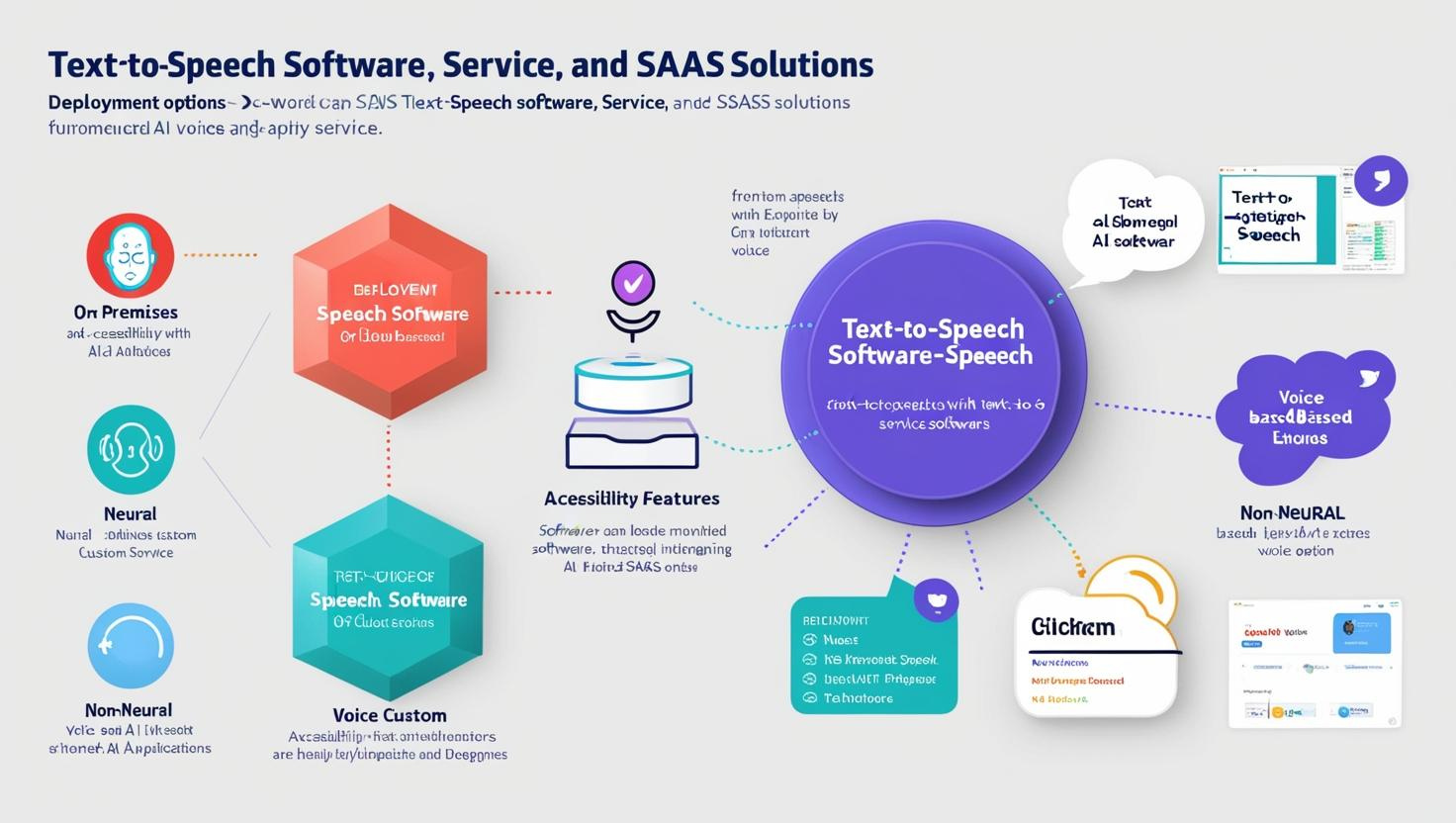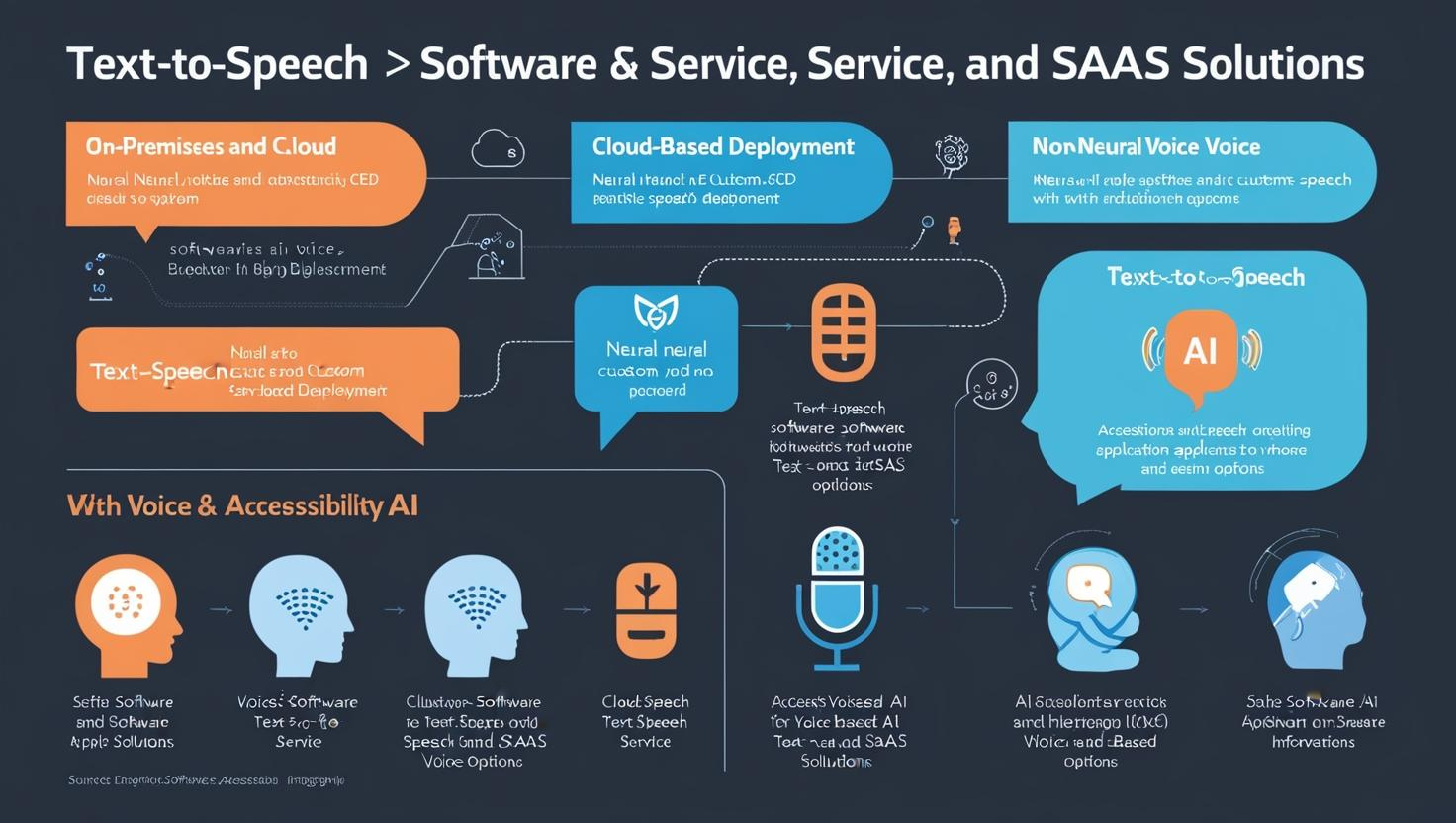The Text-to-Speech (TTS) market is witnessing rapid growth, fueled by advancements in artificial intelligence (AI), deep learning, and increasing demand for voice-enabled applications across various industries. From accessibility solutions to smart assistants and e-learning platforms, TTS technology is transforming how people interact with digital content. As businesses and consumers continue to embrace voice-first experiences, the market is poised for substantial expansion in the coming years.
Download PDF Brochure @ https://www.marketsandmarkets.com/pdfdownloadNew.asp?id=2434298
Market Growth and Key Trends
- AI-Powered Speech Synthesis
One of the most significant trends shaping the future of the TTS market is the adoption of AI-driven speech synthesis models. Neural text-to-speech (NTTS) technology has significantly improved the naturalness and expressiveness of synthetic voices. These models leverage deep learning algorithms to produce human-like speech, making them ideal for applications in virtual assistants, audiobook narration, and customer service chatbots.
- Expansion in Accessibility Solutions
TTS technology is playing a crucial role in enhancing digital accessibility. With growing regulatory requirements, such as the Americans with Disabilities Act (ADA) and the Web Content Accessibility Guidelines (WCAG), organizations are integrating TTS solutions to make content accessible to visually impaired users. This trend is expected to drive widespread adoption in sectors like education, healthcare, and public services.
- Growth of Multilingual and Custom Voices
With globalization, businesses are increasingly targeting diverse audiences, creating a need for multilingual TTS solutions. Companies are developing AI-powered TTS models that support a wide range of languages and dialects. Additionally, enterprises are investing in custom voice synthesis, allowing brands to create unique and recognizable voices for marketing and customer engagement.
- Integration with IoT and Smart Devices
The proliferation of smart devices, virtual assistants, and connected cars is driving the demand for TTS technology. Voice-enabled AI assistants, such as Amazon Alexa, Google Assistant, and Apple’s Siri, rely on TTS to deliver information seamlessly. As the Internet of Things (IoT) ecosystem grows, TTS will become an integral component of smart home systems, automotive infotainment, and wearable devices.
- Advancements in Emotional AI and Expressive Speech
Beyond natural-sounding speech, developers are focusing on emotional AI to enhance the expressiveness of synthetic voices. These advancements enable TTS systems to convey emotions like excitement, sadness, and empathy, improving their effectiveness in applications like mental health support, virtual storytelling, and AI-powered personal assistants.
Key Players Driving the Market
Several technology giants and startups are competing in the TTS landscape. Some of the major players include:
- Google (Google Cloud Text-to-Speech)
- Amazon (Amazon Polly)
- Microsoft (Azure Speech Services)
- IBM (Watson Text-to-Speech)
- Nuance Communications (A Microsoft company)
- iFlytek (Leading in China’s AI speech market)
- ReadSpeaker (Specializing in enterprise TTS solutions)
These companies are continuously innovating to improve voice quality, language coverage, and customization features to cater to diverse industry needs.
Challenges and Future Outlook
Despite the promising growth, the TTS market faces challenges such as data privacy concerns, voice cloning risks, and high computational requirements for real-time speech synthesis. However, ongoing research and the adoption of edge computing and federated learning are expected to mitigate these challenges.
Looking ahead, the Text-to-Speech market is set for exponential growth, driven by AI breakthroughs, increasing demand for voice technology, and the rise of human-machine interactions. As TTS becomes more natural, expressive, and personalized, it will revolutionize industries ranging from media and entertainment to healthcare and automotive.
The future of the TTS market is bright, with AI-powered innovations paving the way for more realistic, responsive, and engaging voice interactions. As businesses and consumers continue to embrace voice-first experiences, TTS technology will remain a critical driver of digital transformation, enhancing accessibility, automation, and user engagement across industries.


